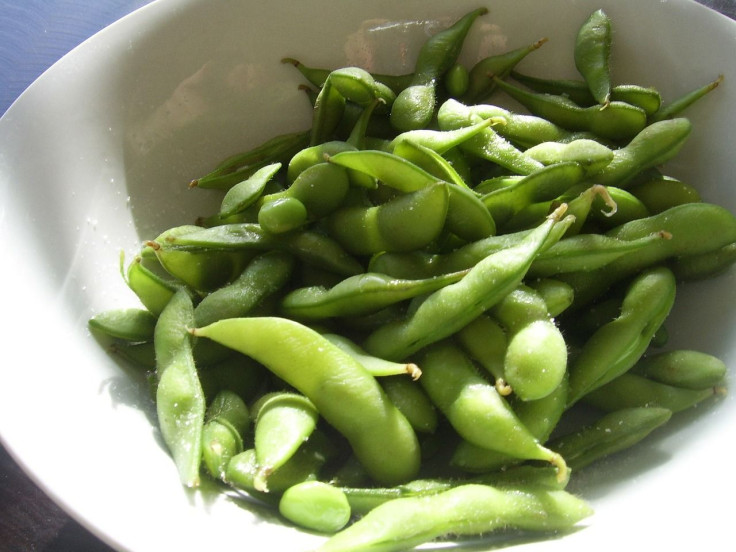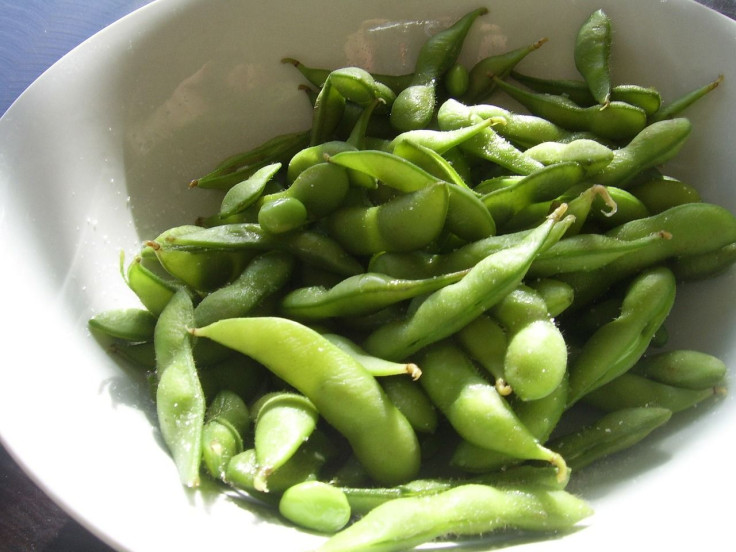Plant-Based Diet Benefits: More Veggies Lowers Risk Of Heart Disease, Death

Protein is essential for building and repairing muscles and bones, the production of hormones, and other bodily functions, but where it comes from is just as important. A team of researchers from Massachusetts General Hospital teamed up with Harvard Medical School to compare the risk of death for those following a plant protein diet versus an animal protein diet.
For their new study, published in the JAMA Internal Medicine, researchers examined the findings for two large studies conducted in the United States, which looked at 32 years’ worth of data. Of the 131,342 male and female participants who were an average age of 49, researchers measured their protein sources, calorie breakdowns, and daily diets. It turns out, those who ate more protein from plant sources lowered their risk of overall death by 10 percent and risk of a heart-related death by 12 percent.
For those looking to lower their risk of death by swapping out animal protein for plant protein, 1 cup of green peas contain nearly 8 grams(g) of protein, 1 cup of kidney beans provide 13g, 1 cup of chickpeas pack more than 14g, and edamame serves up 18g of protein per cup.
Just substituting 3 percent of calories from animal protein with plant protein led consumers to lower their risk from all causes, especially if it was processed red meat. Those who swapped out just 3 percent of their regular processed red meat intake, like bacon or burgers, for example, lowered their risk of death by 34 percent. Those who replaced 3 percent of their protein intake from eggs lowered their risk of death by 19 percent, while those who replaced 3 percent of their unprocessed meat intake lowered their risk by 12 percent.

"Substitution of plant protein for animal protein, especially from processed red meat, may confer substantial health benefit,” the study’s authors wrote. “Therefore, public health recommendations should focus on improvement of protein sources."
According to the Harvard School of Public Health, the recommended dietary allowance for protein is 0.8 grams per 1 kilogram of body weight. Each person is different, depending on their gender, weight, exercise level, and age, so a physically inactive 50-year-old woman who weighs 140 pounds needs roughly 53 grams of protein each day.
Source: Song M, Fung TT, Hu FB, et al. Association of Animal and Plant Protein Intake With All-Cause and Cause-Specific Mortality. JAMA Internal Medicine. 2016.
Published by Medicaldaily.com



























